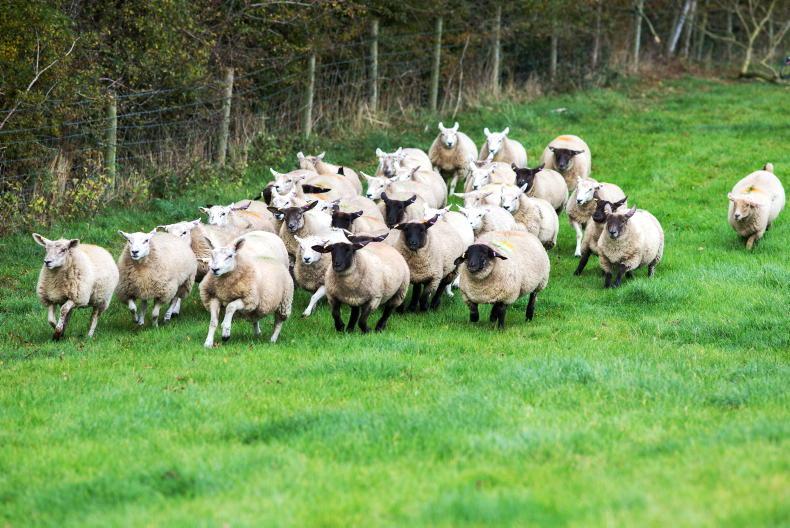The surge in fertiliser prices is having an impact on the ability of sheep farmers to secure winter grazing this year.
Where farmers have lost out on winter grazing, the main reason has been landowners wanting to build grass covers over the next few months and reduce their reliance on chemical nitrogen next spring.
Others have secured access to traditional runs, but are being told that they will have to get off the land earlier than in previous years. Instead of the usual 31 January end date, the sheep will have to be removed by 31 December.
Grazing costs
In areas where the availability of winter grazing is limited, there is robust competition for grass.
At the top end of the market, there are reports of £1.20 to £1.30 per ewe per week being paid although the main run is more typically 80p to £1 per head per week.
Cost comparison
There is a tipping point when winter grazing becomes too expensive.
For example, on farms with plentiful silage reserves, using this fodder to buffer-feed ewes in ring feeders may be more cost-effective than winter grazing.
Assuming silage is worth £20/t and mature ewes consume 5kg/day on a fresh weight basis, feed costs come to 70p/ewe on a weekly basis.
Increasing silage value to £25 will raise weekly feeding costs to 88p/ewe on a weekly basis.
Read more
Beef price update: Donegal out in front with €4.40/kg base price
Ballybay Mart over €480,000 in debt, court hears
The surge in fertiliser prices is having an impact on the ability of sheep farmers to secure winter grazing this year.
Where farmers have lost out on winter grazing, the main reason has been landowners wanting to build grass covers over the next few months and reduce their reliance on chemical nitrogen next spring.
Others have secured access to traditional runs, but are being told that they will have to get off the land earlier than in previous years. Instead of the usual 31 January end date, the sheep will have to be removed by 31 December.
Grazing costs
In areas where the availability of winter grazing is limited, there is robust competition for grass.
At the top end of the market, there are reports of £1.20 to £1.30 per ewe per week being paid although the main run is more typically 80p to £1 per head per week.
Cost comparison
There is a tipping point when winter grazing becomes too expensive.
For example, on farms with plentiful silage reserves, using this fodder to buffer-feed ewes in ring feeders may be more cost-effective than winter grazing.
Assuming silage is worth £20/t and mature ewes consume 5kg/day on a fresh weight basis, feed costs come to 70p/ewe on a weekly basis.
Increasing silage value to £25 will raise weekly feeding costs to 88p/ewe on a weekly basis.
Read more
Beef price update: Donegal out in front with €4.40/kg base price
Ballybay Mart over €480,000 in debt, court hears






 This is a subscriber-only article
This is a subscriber-only article










SHARING OPTIONS: